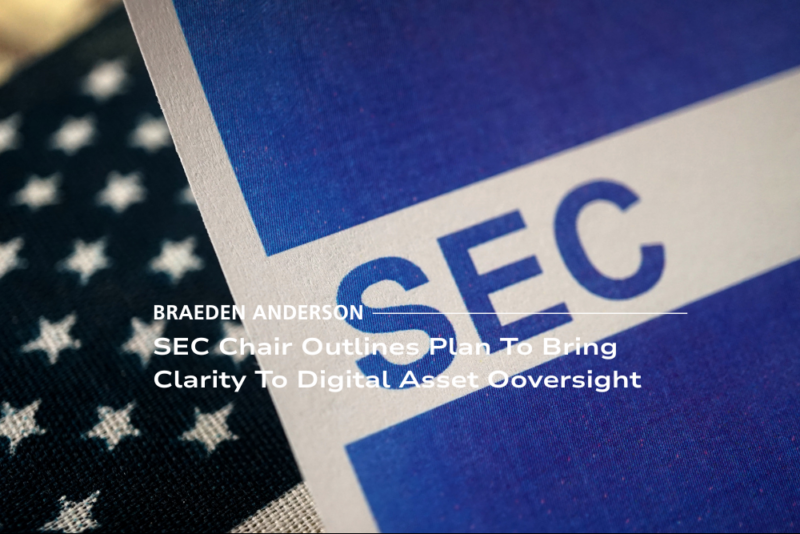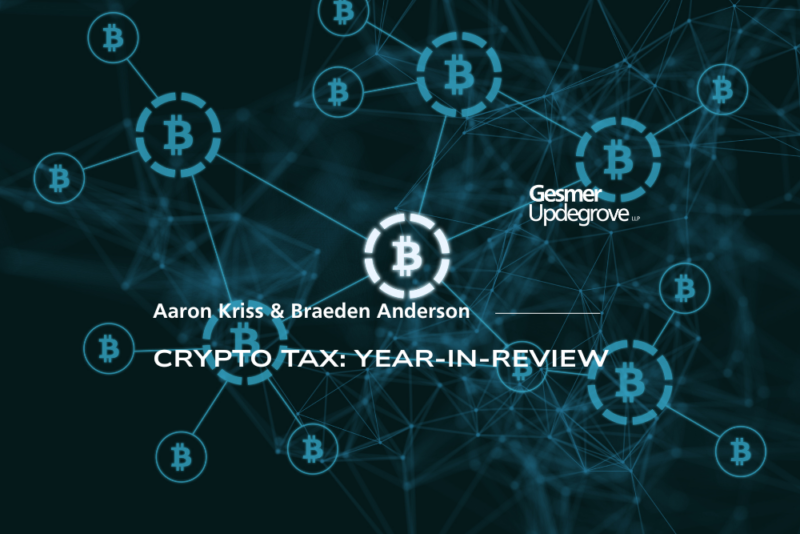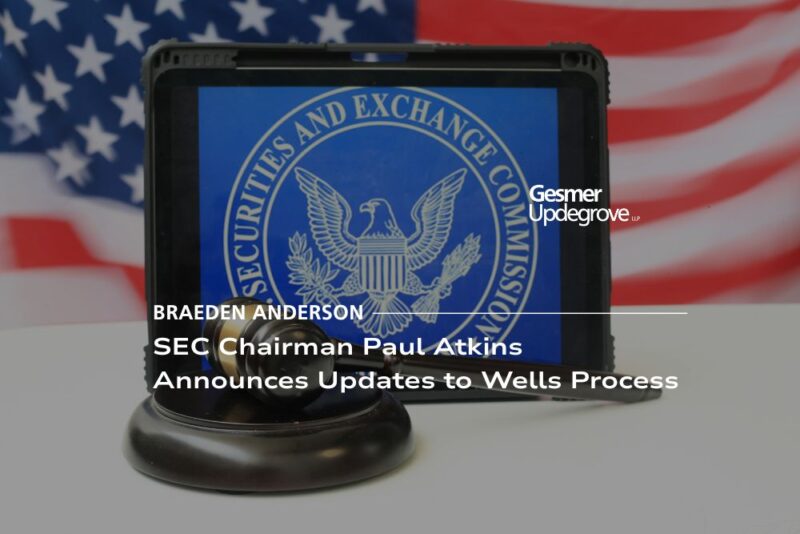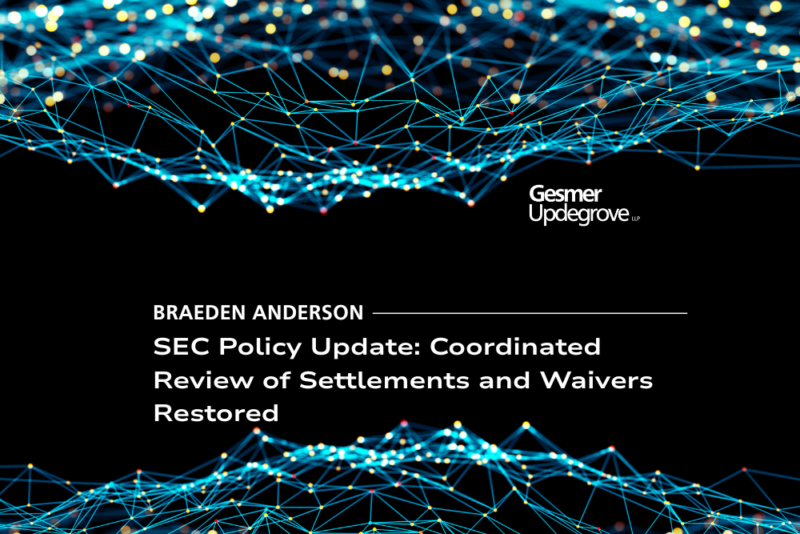Tell Us About Your Journey
My journey actually starts growing up in an immigrant family. Both my parents moved to the US from Germany to a country where they didn’t know anybody. They didn’t speak the language, and they had enough money for a plane ticket back if things didn’t work out. Fortunately, through a lot of hard work and dedication, they were able to both build a better life for themselves here in the US, but also build a very successful automotive repair business.
And so growing up in that environment, I think, was instrumental to my career journey as well. First, it gave me exposure to entrepreneurship and hard work at an early age. Secondly, it fueled my curiosity for engineering and technology. So fast forward 20 years, I arrived in Boston for grad school and ended up founding my first company, which was a spin out of MIT in 2008. And that company was focused on developing a new automotive sensor platform. A few months after founding the company, the automotive industry and the country in general went to one of the biggest recessions that we had seen in years. In automotive, in particular, we had companies like GM, who was our target customer, going bankrupt.
So very challenging conditions to start an automotive tech company. We were successful in working through that, and over the course of eight years, built a successful business here in Boston that ended up being acquired by CTS, which is a large global automotive supplier.
I ended up spending three years at CTS working in a large publicly traded company. And after those three years, as I was looking for my next opportunity, was actually introduced to RaySecur through a former board member of mine and also a close Gesmer contact as well.
What Is the History of RaySecur?
The history of RaySecur is actually as a spin out of a Canadian National Lab. Our core technology uses safe radio waves to see through everyday items. Think of it almost like looking through your iPhone camera and instead of seeing the world around you, you’re able to see inside of items as well. It’s almost like X-ray vision without any harmful X-rays.
I was first introduced to RaySecur in 2019. The founder Eric Giroux, who had spun the company out of the National Lab, had bootstrapped RaySecur in Canada for a few years, and recently moved to Boston to really start to scale and grow the business.
The things that intrigued me when I first met Eric and RaySecur is the fact that here was a company that had raised essentially no funding aside from some small angel investment, had a minimum viable hardware product that was already working, and was already selling to some of the biggest companies in the US. So coming out of the tough tech automotive space, I had never seen in an early-stage hardware company at that stage of development, especially with such a small team and so little funding. So that intrigued me.
I came on board in early 2019. We started out in a small office in Cambridge. There were five of us in a room that you could touch both walls if you stood up. And since then, we’ve grown to almost 50 people. We’ve got hundreds of our systems deployed around the world with applications spanning security teams for G8 world leaders to Fortune 500 corporations and even law enforcement and corrections applications. And on top of that, we’ve closed three funding rounds, all three working together with Gesmer, the last of which just closed yesterday.
What Motivates You?
So what motivates me, I think, is going back to my roots, which is growing up in an immigrant family, that drive to succeed, even when the odds might seemingly be against you, is an intrinsic motivator over the course of my career.
I think that’s really been a common thread throughout my last two companies, the first founding an automotive tech company at a time when the industry was going through a major recession and making that a success. Then on to RaySecur, where we’re focused on developing a hardware product, which is inherently hard, in a market segment that’s not necessarily one of the hottest market segments from an early-stage tech standpoint. I think the exciting thing, particularly with RaySecur the fact that we’ve uncovered an underserved and under-addressed market need and are really able to knock it out of the park, both from a business perspective, but also to really make a key impact in terms of keeping people safe each and every day.
On top of that, I think one of the things that gets me up every morning is really the team that I’m on this journey with. We’ve got an incredibly dedicated and passionate team at RaySecur. It’s not only passionate about making the company successful, but even more so about keeping our customers safe, and that’s super exciting.
What Challenges Have You Faced?
Early on in the company’s journey, I think the challenges that we faced were, first and foremost, finding sales, finding a scalable sales model, attracting talent, especially at a time when you don’t necessarily have the budgets or the industry recognition to make it easy to attract talent. On top of that, you’re focused on finding product market fit and then certainly fundraising as well.
As the company has grown over the years, I think one of the main challenges that any company faces as they start to scale are some of the natural growing pains. I think it’s critical that as the company grows, the team grows just as fast or faster than the company. In other words, that means the team is evolving faster than the company is growing and not vice versa. I think that pushes people outside of their comfort zone. Certainly does for myself as well, and it’s been a challenge that we’ve worked through as the company has grown over the years.
Then lastly, as it’s top of mind, fundraising. Fundraising, I think, is always a challenge. Having raised our Series A in 2021 the climate this time around is certainly quite a bit different than then. We’ve certainly grown significantly since we closed our A round. But despite that growth, fundraising has still been a challenge, and we’re certainly fortunate to have closed this round here recently and now be able to focus on continuing to execute and grow the business.
What Advice Can You Offer to Other Entrepreneurs?
I think the one piece of advice that’s really stuck with me over the course of my career has really been the importance of perseverance for any early-stage founder entrepreneur. This is a journey. It’s a marathon, it’s not a sprint. You’re going to fail a lot more early on than you’ll succeed. Really playing the long game as opposed to being discouraged by maybe some early failures. I think that’s really critical is focusing and taking that long term perspective, learning from those missteps very quickly, but really having the end game in sight and not getting discouraged along the way.
I recently came across Roger Federer’s graduation speech at Dartmouth, where he talked about winning 80% of his matches, but only 54% of the points. That really stuck with me. I think that’s so representative of the entrepreneurial journey is in this industry, oftentimes, the big match wins, the big successes, we hear about startups that have done phenomenal things. But oftentimes people don’t see behind the scenes that within these organizations, you’re losing almost as many points as you’re winning. And quickly learning from those failures and not dwelling on them, but again, taking that long-term perspective, focusing on the long game, is so critical in terms of the long-term success of the company.
Where Do You See RaySecur in 3-5 Years?
In three to five years, I think if I look at what we’ve accomplished so far, we’re just starting to scratch the surface. One of the things that I’m most proud of is the fact that our products and our services are really keeping people safe each and every day, and that’s a huge win for us right now.
Whether it’s three years, five years, or farther down the road. Certainly, the crystal ball gets a little bit fuzzy. But what we aspire to become, and I think the opportunity that we have to affect massive change in the industry, is very similar to if you at what MRI or ultrasound imaging has done in the medical space, where previously X-ray was really the only option. In our case, with our T-ray imaging platform, I think we’ve got the same opportunity to impact change on such a massive scale within the security space. That’s really what we aspire to achieve in the next 3-5 years.
What Value Has Gesmer Updegrove Provided to RaySecur?
If I look at the value that Gesmer has provided to RaySecur over the last five years, it’s really, I think, spans three areas. The first is the quality of the work. The second is the breadth of the services, and the third is just the overall value, especially to an early-stage company.
What I mean by that is, first of all, the quality across the board has really been top-notch from day one. The breadth is one of the things that has impressed me the most. Being able to meet all our needs under one roof, especially as a high-growth, early-stage company, has been critical to our success over the last few years.
We’ve worked on things with at Gesmer, ranging from complex IP agreements to large commercial contracts to now three funding rounds. Again, being able to do all of that at Gesmer has been pretty instrumental, especially the speed at which we’ve been able to grow.
And then lastly, in terms of the value, I think Gesmer has certainly never been a firm where I’ve hesitated to pick up the phone and make a call when we’re looking for advice or just talking through a critical situation. I think Gesmer has really taken a pragmatic approach to the advice that they’ve provided us, which again has been key to our success.
Why Go With Gesmer?
So why go with Gesmer? The way that we’ve seen Gesmer and the way that I’ve personally interacted with Peter (Moldave), who’s really led our engagement at Gesmer, has really been as a business partner, both in terms of providing critical legal advice, but also thinking through complex business decisions.
That comes in two forms. One is reactive. Sometimes you’ve got things that come up urgently in the moment where you need to quickly work through, whether it’s a legal or a business issue. But the second, and I think more important, is that proactive partnership. Proactively thinking through different situations and really putting a strategy in place so that we maybe avoid some pitfalls down the road. We found that, again, very instrumental in terms of supporting our growth.
Check out some of our latest publications:
- SEC CHAIR OUTLINES PLAN TO BRING CLARITY TO DIGITAL ASSET OVERSIGHT

- CRYPTO TAX: YEAR-IN-REVIEW

- The Third Circuit Reaffirms Section 10(b) and Rule 10b-5’s Standards for Misleading Statements and Scienter

- SEC Chairman Paul Atkins Announces Updates to Wells Process

- SEC Policy Update: Coordinated Review of Settlements and Waivers Restored

- SEC Provides Key Update on Treasury Clearing Rule Implementation

